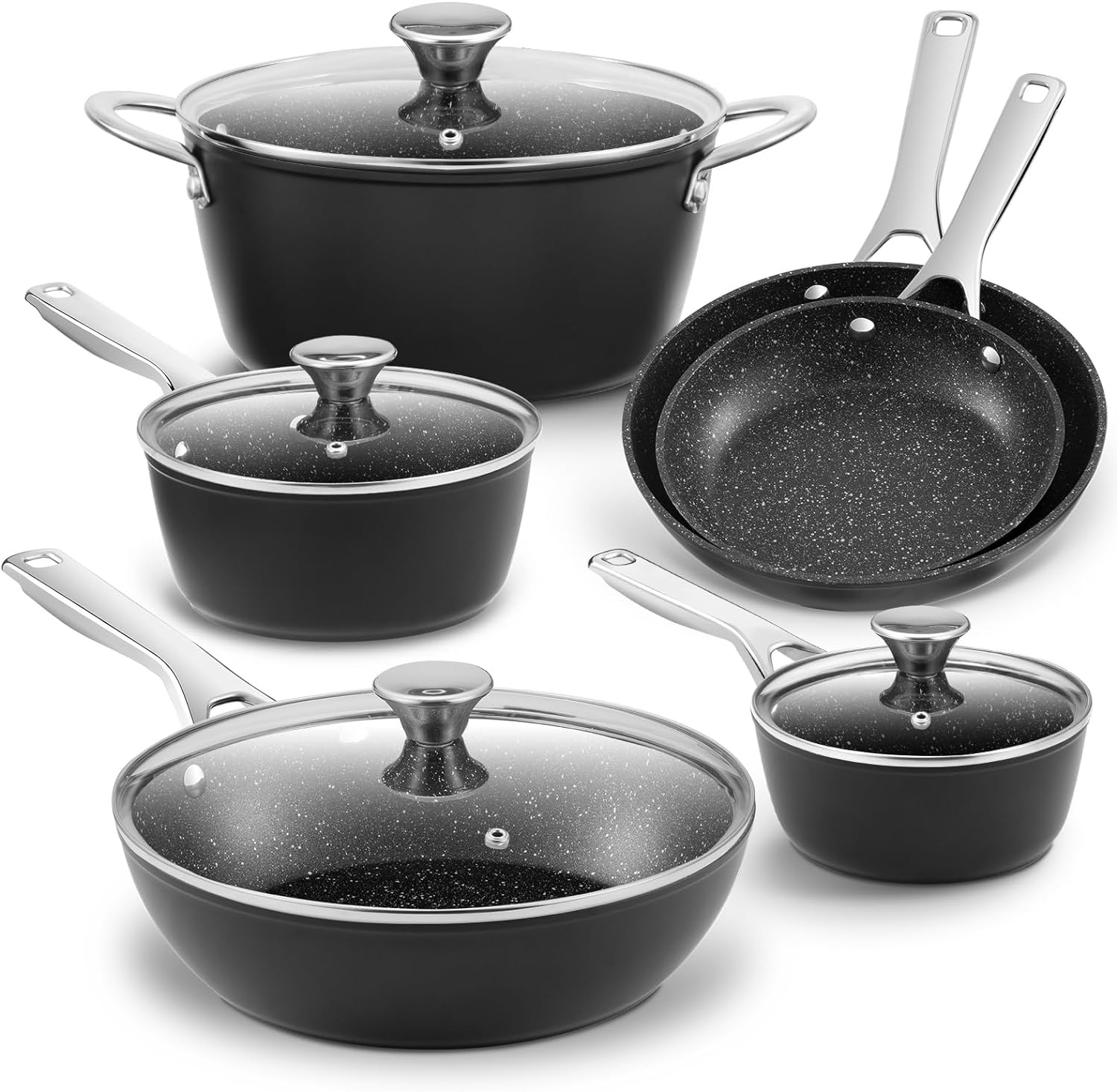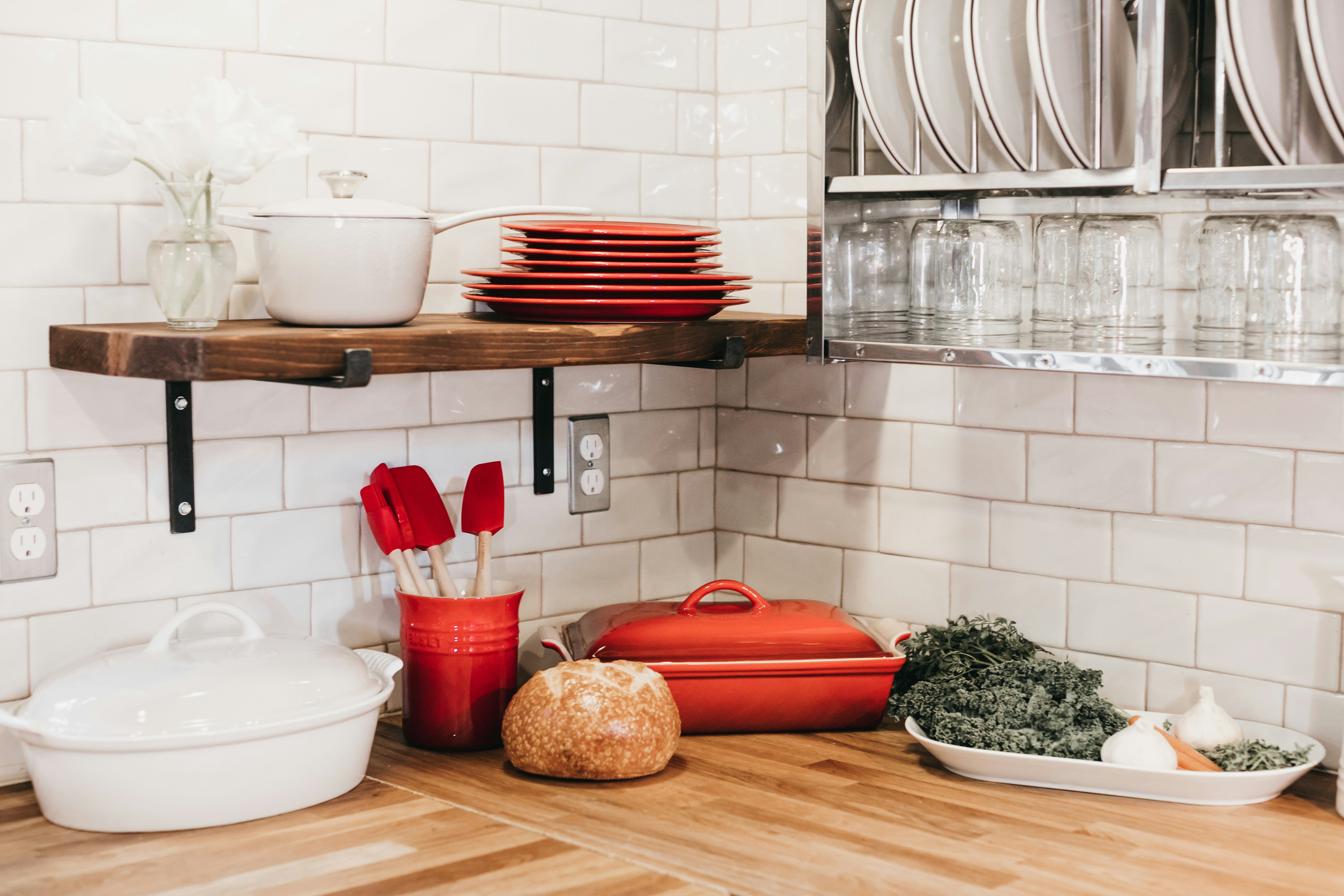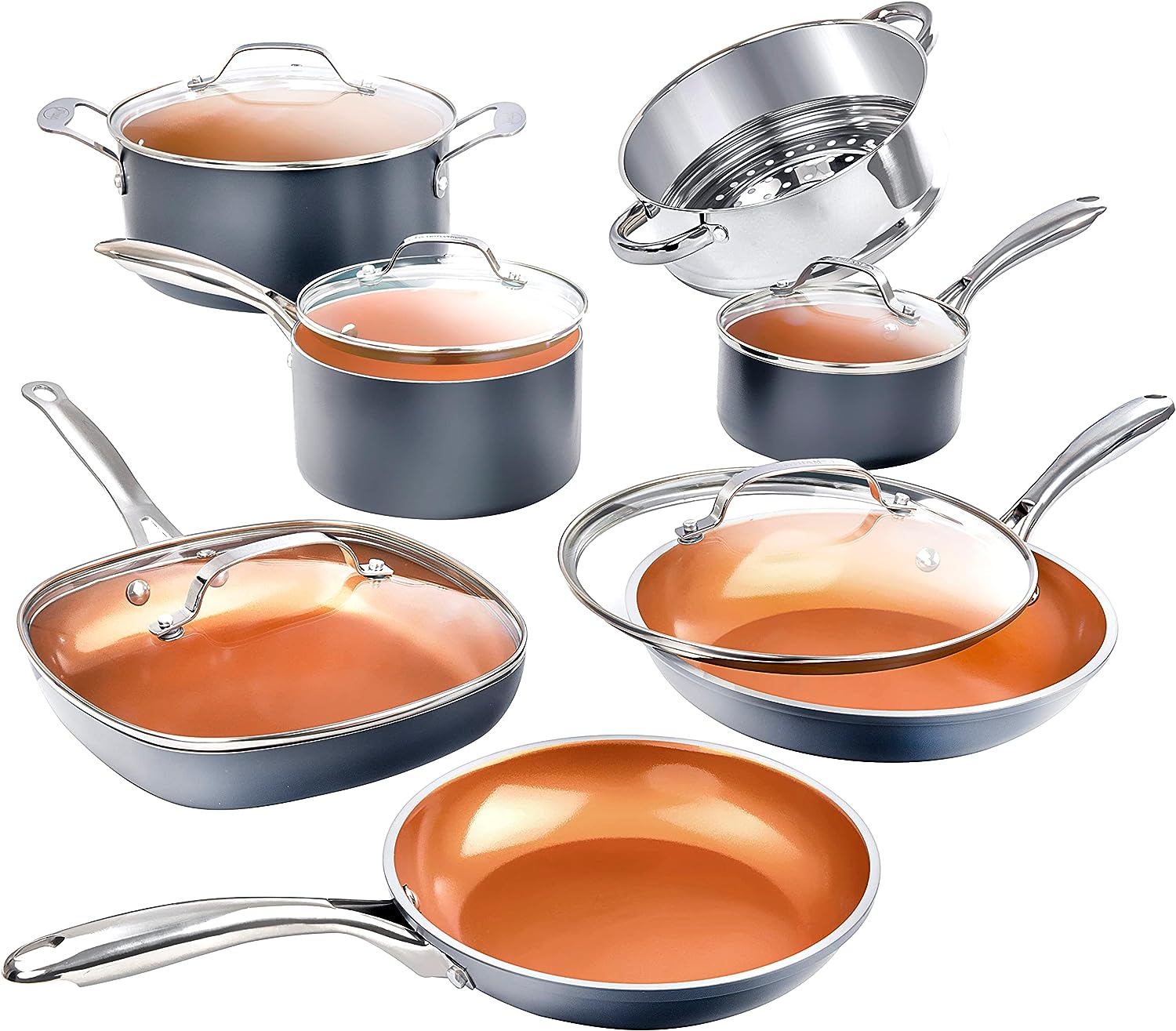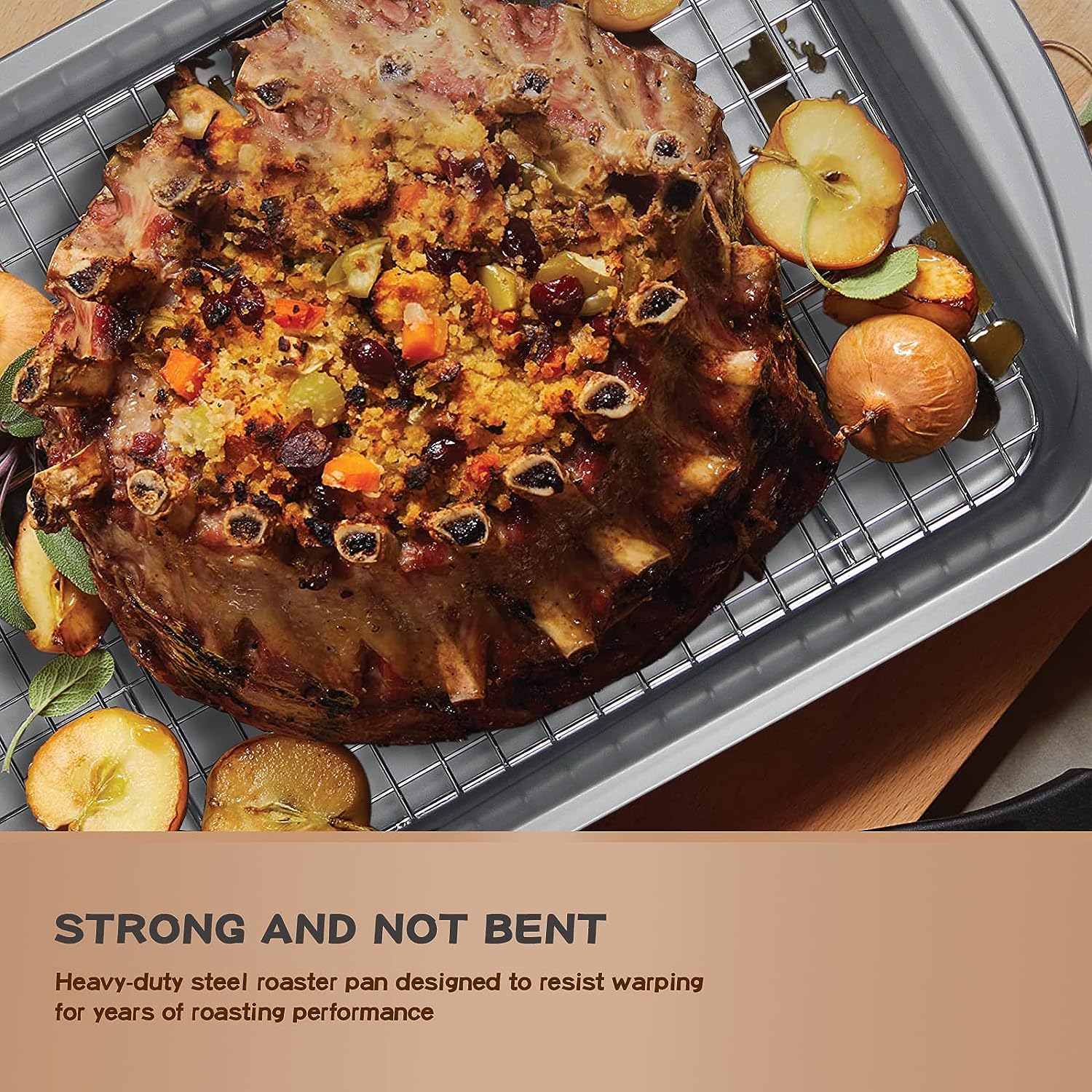Are you in the market for new cookware but unsure which option is best for your induction cooktop? Look no further! “The Ultimate Guide to Choosing the Best Cookware for Induction Cooktops” is here to help. Whether you’re a beginner or an experienced chef, this comprehensive guide will walk you through everything you need to know about selecting the perfect cookware for your induction cooktop. From understanding the technology behind induction cooking to exploring the different types of cookware materials, this guide has you covered. So, grab a cup of tea and prepare to embark on a culinary journey that will revolutionize your cooking experience.
Understanding Induction Cooktops
How Induction Cooktops Work
Induction cooktops are innovative kitchen appliances that use electromagnetic fields to generate heat, making them a more efficient and precise alternative to traditional gas or electric stoves. Unlike conventional stovetops, induction cooktops directly heat the cookware by creating a magnetic field that induces electrical currents in the base of the pots and pans. These electrical currents generate heat, resulting in faster cooking times and more accurate temperature control. Induction cooktops utilize advanced technology to heat the cookware directly, ensuring that only the pan and its contents get hot. At the same time, the surrounding surface remains cool, thus reducing the risk of burns.
Benefits of Induction Cooktops
Induction cooktops offer numerous advantages that make them a desirable choice for modern kitchens. Firstly, their highly efficient heating mechanism allows for a rapid increase in temperature, resulting in shorter cooking times as compared to conventional stovetops. This not only saves you valuable time but also contributes to energy conservation. Induction cooktops also provide precise temperature control, allowing you to adjust the heat instantly and accurately. Additionally, their even heat distribution helps prevent hot spots on the cooking surface, ensuring consistent and even cooking. Another significant benefit of induction cooktops is their safety features. Since the cookware itself is heated rather than the cooktop surface, it significantly reduces the risk of accidental burns. Induction cooktops are also much easier to clean, as spills and splatters are less likely to become baked onto the surface.
Considerations for Induction Cooktops
Before purchasing an induction cooktop, there are a few key factors to consider. One crucial consideration is the availability of compatible cookware. Since induction cooktops require magnetic materials to generate heat, not all cookware is compatible. It is essential to ensure that your existing cookware or the pieces you plan to purchase are induction-compatible. Another consideration is the power supply required for induction cooktops. They typically require a dedicated electrical circuit with higher amperage and voltage, so it is important to ensure that your kitchen’s electrical system can support it. Additionally, the cost of induction cooktops can be higher than traditional stoves, so budget considerations should be kept in mind. Finally, it is important to consider your cooking habits and needs. If you frequently use large or irregularly shaped cookware, you may need to ensure that the size and layout of the induction cooktop accommodate your needs.
Types of Cookware Compatible with Induction Cooktops
Induction-Ready Cookware
Induction-ready cookware is specifically designed to work efficiently with induction cooktops. It typically has a magnetic base that allows for the direct transfer of heat from the cooktop to the cookware. This type of cookware is often made with stainless steel or is clad in layers of magnetic materials. Induction-ready cookware ensures optimal performance and even cooking on induction cooktops.
Ferromagnetic Cookware
Ferromagnetic cookware refers to pots and pans that are made from materials that have magnetic properties. Cast iron and many types of stainless steel, especially those with a high nickel content, are considered ferromagnetic and can be used with induction cooktops. These materials allow the magnetic field to transfer heat effectively, making them ideal for induction cooking.
Identification Methods for Induction Cooktop Compatibility
To identify whether your existing cookware is compatible with induction cooktops, you can perform a simple test. Place a magnet on the base of the cookware and observe if it securely attaches to the bottom. If the magnet sticks firmly, it indicates that the cookware contains magnetic materials and is suitable for induction cooking. Additionally, some cookware manufacturers label their products as “induction-compatible” or provide a symbol on the packaging to indicate their suitability for use on induction cooktops.
Materials for Induction Cookware
Stainless Steel
Stainless steel is a popular choice for induction cookware due to its durability, resistance to rust and corrosion, and even heat distribution. It is essential to look for high-quality stainless steel cookware that has a magnetic base, ensuring compatibility with induction cooktops. Tri-ply or multi-ply stainless steel cookware, which has layers of stainless steel surrounding an aluminum or copper core, are excellent options for even heat distribution and responsiveness.
Cast Iron
Cast iron cookware is not only compatible with induction cooktops but is also known for its excellent heat retention and distribution properties. It can withstand high temperatures and provides even cooking throughout. However, it is important to choose cast iron cookware that has a flat bottom to ensure optimal contact with the induction cooktop surface.
Enameled Cast Iron
Enameled cast iron cookware combines the benefits of cast iron with an added layer of enamel coating, making it easier to clean and maintain. The enamel coating also prevents the leaching of iron into food, making it a healthier option for cooking. Enameled cast iron cookware is suitable for induction cooktops as long as it has a flat magnetic base.
Carbon Steel
Carbon steel cookware is lightweight, durable, and offers excellent heat conductivity. It is a popular choice for professional chefs and is compatible with induction cooktops. Carbon steel pans typically have a flat magnetic base and are ideal for tasks such as stir-frying, browning, and searing.
Copper
Copper cookware is known for its superior heat conductivity and responsiveness, which allows for precise temperature control. Although copper itself is not magnetic and not suitable for induction cooking, some copper cookware manufacturers add a layer of magnetic material to the base to make it compatible with induction cooktops. It is important to ensure that the copper cookware you choose has a magnetic base before using it on an induction cooktop.
Aluminum
Aluminum cookware is lightweight and known for its excellent heat conductivity. Although aluminum is not magnetic and not compatible with induction cooktops on its own, some manufacturers clad the aluminum cookware with a layer of magnetic material to make it suitable for induction cooking. Ensure that the aluminum cookware you choose has a magnetic base or is labeled as induction-compatible.
Features to Consider
Cookware Base Thickness
The thickness of the cookware base plays a role in its performance on induction cooktops. Thicker cookware bases tend to distribute heat more evenly and provide better temperature control. Look for cookware with a thick and flat base for optimal results on induction cooktops.
Handles and Lids
Consider the design and materials of the handles and lids of your induction cookware. It is important to choose cookware with heat-resistant handles that stay cool to the touch, providing safe handling during cooking. Similarly, lids that fit snugly on the cookware help to trap heat and moisture, promoting efficient cooking.
Weight
The weight of your induction cookware can affect its usability and ease of handling. Heavy cookware may be more challenging to maneuver, especially when filled with food. Consider your personal preferences and cooking habits when choosing between lighter or heavier options.
Dishwasher and Oven Safety
Check whether the induction cookware you choose is dishwasher-safe and oven-safe. This allows for convenient cleanup and versatility in cooking techniques. However, keep in mind that some cookware may have specific temperature limitations for oven use, so it is important to read the manufacturer’s recommendations.
Non-Stick Coating
While non-stick coatings are not necessary for induction cookware, some individuals prefer the convenience they offer. If you opt for non-stick cookware, ensure that it is compatible with induction cooktops and choose reputable brands known for their durable and safe non-stick coatings.
Essential Cookware Pieces for Induction Cooktops
Frypan
A frypan or skillet is a versatile and essential cookware piece for induction cooktops. Choose a frypan with a flat base, even heat distribution, and a heat-resistant handle. It should be suitable for tasks like frying, sautéing, and stir-frying.
Saucepan
Saucepans are perfect for heating liquids, boiling pasta, and making sauces. Look for saucepans with a flat magnetic base, a well-fitting lid, and a comfortable handle for easy maneuvering.
Dutch Oven
A Dutch oven is a versatile and multipurpose cookware piece that is ideal for braising, roasting, and slow cooking. It should have a tight-fitting lid, heat-resistant handles, and a flat magnetic base for optimal performance on induction cooktops.
Stockpot
A stockpot is essential for preparing large quantities of soups, stocks, and stews. Look for a stockpot with a thick and flat base, sturdy handles, and a well-fitting lid. Ensure that it can accommodate your desired capacity without exceeding the size limits of your induction cooktop.
Grill Pan
A grill pan allows you to achieve grill marks and charred flavor on your food while cooking indoors. Choose a grill pan with a ridged cooking surface, sturdy handles, and a flat magnetic base for compatibility with induction cooktops.
Sauté Pan
A sauté pan is similar to a frypan but has higher sides, making it ideal for tasks such as sautéing vegetables, searing meat, and shallow frying. Look for a sauté pan with a flat base, heat-resistant handles, and a well-fitting lid.
Wok
A wok is a versatile cookware piece that is suitable for stir-frying, deep-frying, and even steaming. Ensure that the wok has a flat bottom and a heat-resistant handle for stability and safe handling on induction cooktops.
Tips for Choosing the Best Cookware for Induction Cooktops
Research and Read Customer Reviews
Before making a purchase, thoroughly research the various cookware options available for induction cooktops. Read customer reviews to gain insights into the performance, durability, and compatibility of different cookware brands and models. Real-life experiences can provide valuable information to help you make an informed decision.
Consider Your Cooking Style
Take into consideration your preferred cooking methods and the types of dishes you frequently prepare. This will help you determine the essential cookware pieces you require. For example, if you frequently bake or roast, investing in a high-quality Dutch oven might be a wise decision. Tailor your cookware choices to best suit your individual cooking style and needs.
Budget Considerations
While it is tempting to opt for the most expensive cookware available, it is essential to set a budget and find suitable options within that range. Keep in mind that higher-priced cookware does not always guarantee superior quality, and there are often affordable options available that offer excellent performance on induction cooktops.
Check for Warranty
Consider the warranty offered by the cookware manufacturer. A good warranty shows the brand’s confidence in their product and provides you with peace of mind in case of any manufacturing defects or issues with the cookware. Check the warranty terms and conditions before making a purchase.
Buy from Reputable Brands
Choose cookware from reputable brands known for their quality and commitment to customer satisfaction. Established brands have a reputation to uphold and often provide better customer support. Additionally, they are more likely to use high-quality materials in their cookware, ensuring long-lasting performance.
By understanding how induction cooktops work, considering the types of cookware compatible with them, and taking into account the essential features and considerations, you can confidently choose the best cookware for your induction cooktop. With the right selection of induction-compatible cookware, you can enhance your culinary experience and enjoy efficient and precise cooking results.


















